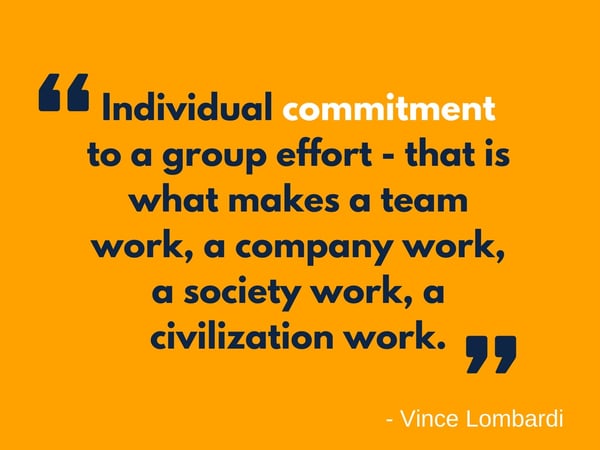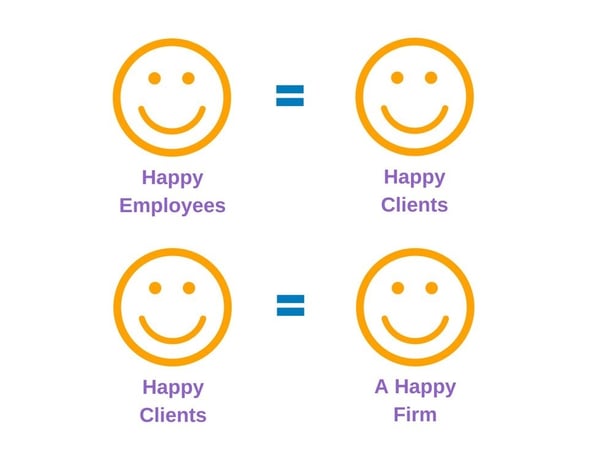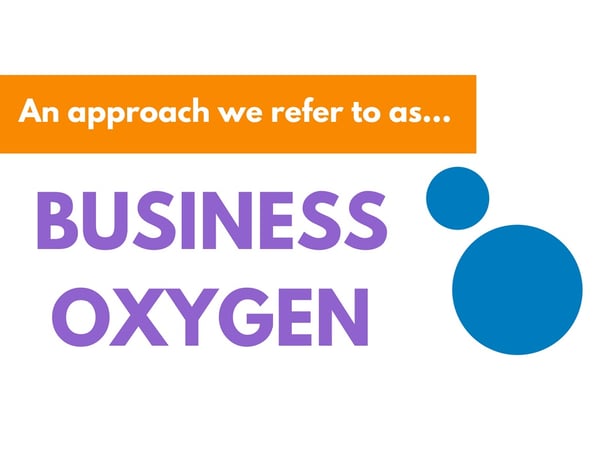
Culture is an important aspect of any organisation, it refers to the environment around leaders and their followers. Ultimately in a professional firm like ours, it's the key ingredient to servicing clients. You can't see it, but you will notice it's influence everywhere in our workplace.
Culture is made up of a mix of values, beliefs and attitudes combined with the behaviours of a group of people. It can be said that work culture represents the personality of your business, and just like people, your business can reflect negative and positive attributes. But let's be honest, striving for a positive work culture is how an organisation will successfully achieve their goals with a team that embodies a happy and helpful mentality.
What work environment would you want to work in, what aspects and behaviours of a team bring the best out of you? Here at Wellers, culture is about our principles and purpose. We place a huge emphasis on attitude and mindset, it’s how we’ve thrived over the last 8 decades!
There are 5 key components to the Wellers work culture:
The quality of being honest and having strong moral principles. We do this by being open, truthful and fair in all of our dealings with people. This allows us to build transparent and lasting relationships.
The idea of working with commitment is quite straight forward. For Wellers, commitment means doing what we say we will do, when we say we will do it.

Relationships are a very important part of our culture. How do we approach them? By demonstrating empathy, reliability and being committed to helping our people and clients. It’s about understanding people's circumstances and emotions so that we can provide advice and solutions that address their needs.

By equipping and supporting our employees to do their best work, we ensure that they can then help our clients achieve their goals and become successful, which in turn helps us achieve ours.


We strive to be proactive in developing solutions, and delivering a quality service. By prioritising the aspirations, development and the well-being of our staff and our clients we encourage initiative and help them realise their ambitions.



This approach is what makes us unique; it’s all about people because relationships are the centrepiece of everything we do. We strive to provide a remarkable experience to our clients and this is why our mission statement is...

The content of this post is up to date and relevant as at 19/09/2018.
Please be aware that information provided by this blog is subject to regular legal and regulatory change. We recommend that you do not take any information held within our website or guides (eBooks) as a definitive guide to the law on the relevant matter being discussed. We suggest your course of action should be to seek legal or professional advice where necessary rather than relying on the content supplied by the author(s) of this blog.
Click below for office location details
leave a comment -